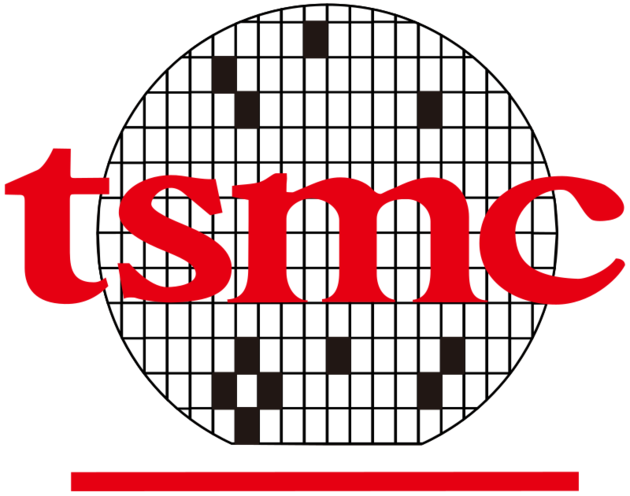With tensions flaring in East Asia, China’s sanctions against Taiwan are a stark reminder to the European Union how dependent it is on the island, and in particular the tiny computer chips it makes. China banned some trade with Taiwan in response to U.S. House Speaker Nancy Pelosi’s visit to Taipei on Wednesday and staged "live fire" military exercises in the sea surrounding the disputed territory.
Politico reports that the military moves forced air and marine traffic to avoid the area, effectively blockading Taiwan — a democratic island of 23 million that Beijing claims is part of China. For now, China has restricted its longer-term retaliation to banning exports of sand to the island, along with the import of citrus fruits, chilled white scallops and frozen mackerel from Taiwan to the mainland.
But the risk for Taipei — and Western companies that depend on Taiwanese chip manufacturing — is that Beijing's future measures will be far tougher, such as a complete blockade or even a Chinese invasion.
Machinery and appliances made up almost 60 percent of EU imports from Taiwan last year. The biggest worry for European businesses would be the sudden cut to supplies of electronic chips, produced by the world’s biggest semiconductor company: Taiwan Semiconductor Manufacturing Co (TSMC). The company captures more than half of the outsourced semiconductor market and is rumored to have clients like Apple and Qualcomm.
In a sign of the importance the U.S. attaches to TSMC, Pelosi met with the company's chairman Mark Liu during her visit. The problem for Europe is that it has built up its dependency on Taiwanese chips over many years, but a Chinese attack could instantly wreck a vital supply line, with little or no warning.
So how can the EU protect itself against such a risk?
First of all, the bloc lacks the expertise that Taiwan has attracted. TSMC was founded in the late 1980s by Morris Chang, a former engineer at U.S.-based Texas Instruments. Chang is a prime example of how Western tech companies have lost out on the expertise that comes with a specialized process.
The flexible employment culture in Taiwan also means chip-makers can hire and lay off workers more easily to fit with peaks and dips in demand, according to Ludo Deferm, executive vice president at Leuven-based semiconductors research center Imec.
The second problem is the unique nature of the chips that TSMC can supply. The company is not only key for electronics that are currently ubiquitously present in smartphones or laptops, but is already making more cutting-edge chips, like those of five nanometers or smaller, which will be key for autonomous driving.
“There are actually just two factories in the world now that can produce sub-five nanometer chips. That’s TSMC and Samsung,” Hermann Hauser, venture capitalist and founder of Acorn Computers, told POLITICO in a recent interview. “TSMC is totally dominant, we’re completely dependent on them.”
The EU is, of course, aware of the pitfalls. “It is a sector which is both capital and knowledge-intensive and subject to rapid technological evolution. Production of chips takes place in a supply chain that is global, complex and, in some important segments, overly concentrated,” an EU official said.
Why Taiwan needs Europe
Now, tensions between mainland China and Taiwan raise the question of how both Beijing and Brussels will go forward. TSMC’s crucial role hasn’t gone unnoticed in mainland China. In an eyebrow-raising speech in June, a top Chinese economist openly called on Beijing to “seize” the company. Some Western observers, however, are skeptical that this threat will materialize — saying it simply isn’t in China’s interest to do so because TSMC relies on other companies for providing equipment, like Dutch company ASML.
That’s also what TSMC chief Liu said in a rare interview with CNN, warning that his company would be inoperable if China invaded Taiwan. Hauser argued that this gives the EU power. “We do have a bargaining chip as Europe,” he said. “Nobody can produce sub-five nanometer chips in the world without the tools that ASML produces.” But thinking about the unthinkable scenario — a full cut-off of Taiwanese chips — will without a doubt motivate European lawmakers and businesses to accelerate their existing plans to reshore some chips manufacturing, and double Europe’s market share in the global semiconductor value chain.
In February, the European Commission presented its €43 billion chips plans to lure certain producers into manufacturing commitments on the European continent. That is no easy job, as it has to make sure that its own state-aid rules are not bent along the road. It is also a painfully slow progress, with the EU struggling to get companies to shift their production to the bloc.
While Europe has bagged new investments in recent months — by companies such as Intel in Germany and STMicroelectronics and GlobalFoundries in France — TSMC still hasn’t committed to a European fabrication plant, choosing to open one in Japan and Arizona in the U.S. instead. And that’s a massive blindspot, Hauser said. “Unfortunately, at the moment we seem to try and do this [shift] with Intel, and Intel just doesn’t have the technology. We need to do it with TSMC and Samsung. I don’t understand why we’re not having more serious discussions with Samsung and TSMC,” he said.






